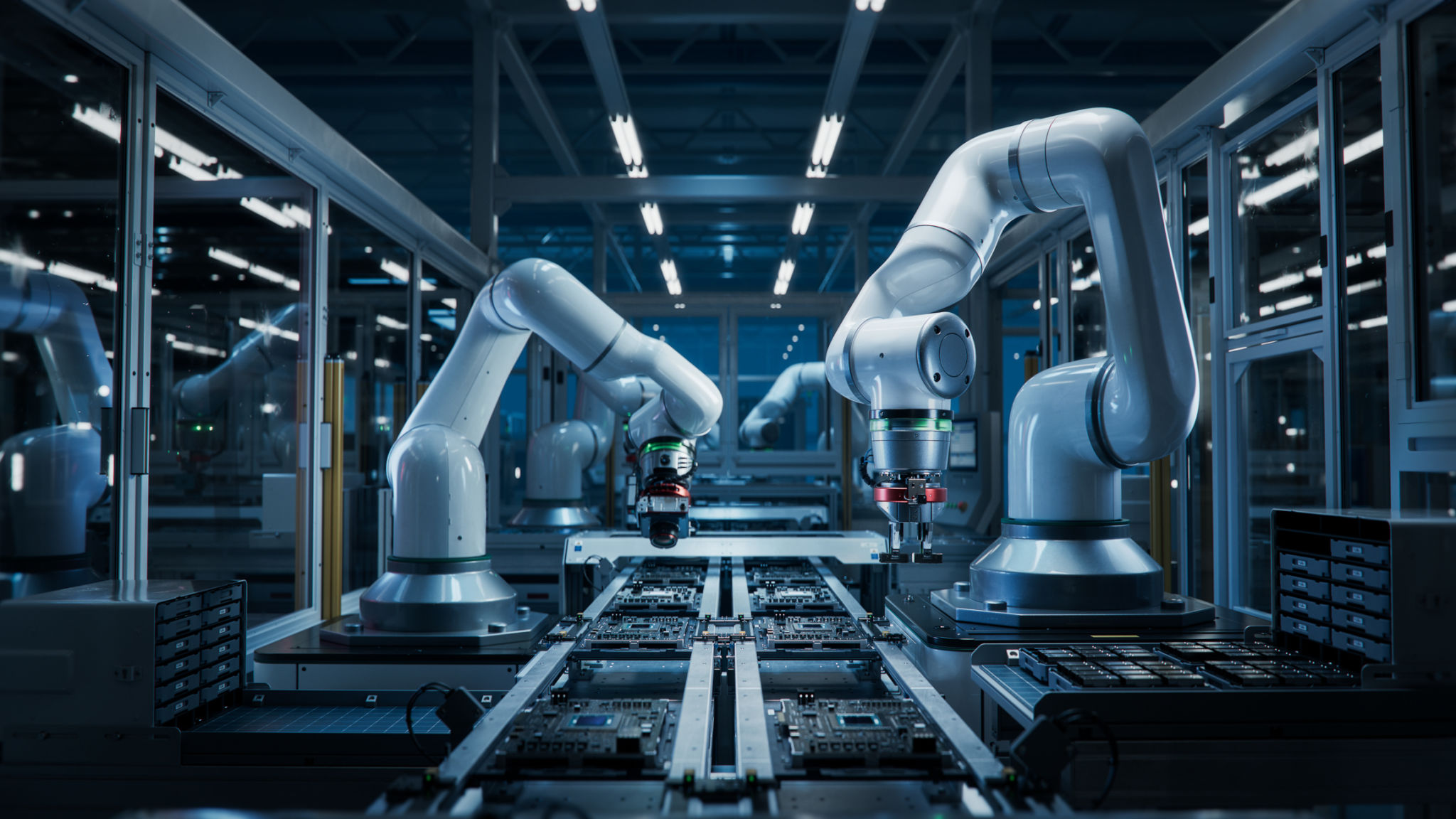Future Trends in AI Systems for Operations You Need to Know
The Growing Influence of AI in Operational Efficiency
Artificial Intelligence (AI) systems are rapidly transforming the landscape of business operations, making processes faster, more efficient, and highly adaptive. As companies look to stay competitive, understanding the future trends in AI is crucial. AI's capability to analyze vast amounts of data and provide actionable insights is already changing how businesses function.
With the integration of AI, operations can become highly streamlined, reducing human error and enhancing productivity. Whether through predictive maintenance in manufacturing or automated customer service, AI is set to revolutionize how businesses operate on a day-to-day basis.

Automation and Robotics
One of the most significant trends in AI operations is the increased use of automation and robotics. These technologies are not only improving efficiency but also making workplaces safer by taking over dangerous tasks. Automation helps in minimizing repetitive tasks, allowing human workers to focus on more strategic aspects of their roles.
Robotics, powered by AI, is expected to play a vital role in industries such as manufacturing, logistics, and healthcare. The ability of robots to execute tasks with precision and speed is transforming traditional workflows and increasing output quality.

AI-Powered Data Analytics
Data analytics driven by AI is another trend that will continue to shape operations. With the explosion of data generated daily, businesses need sophisticated tools to interpret this information effectively. AI-powered analytics can identify patterns and trends that would be impossible for humans to discern manually.
These insights can lead to more informed decision-making, optimizing operations from supply chain management to customer experience. Furthermore, predictive analytics can help businesses anticipate market changes and adapt their strategies accordingly.

Enhanced Cybersecurity Measures
As operations become more digital, cybersecurity remains a top priority. AI systems are now being utilized to enhance security measures by detecting anomalies and potential threats in real-time. This proactive approach helps in preventing data breaches before they occur.
AI's ability to learn and adapt makes it an invaluable tool for continuously evolving security landscapes. By leveraging machine learning algorithms, businesses can safeguard their operations from increasingly sophisticated cyber threats.
AI in Supply Chain Optimization
Supply chain management is another area where AI is making significant strides. By predicting demand trends and optimizing logistics operations, AI ensures that supply chains are both resilient and efficient.
- Demand forecasting
- Inventory management
- Logistics routing
These capabilities allow companies to reduce costs and improve delivery times, ultimately enhancing customer satisfaction.

The Role of AI in Customer Experience
Customer experience is at the heart of every successful business. AI is increasingly being used to personalize interactions and provide customers with tailored solutions. From chatbots providing instant support to recommendation engines suggesting products, AI enhances customer engagement.
This personalization not only improves customer satisfaction but also builds brand loyalty, which is essential for long-term success.
Ethical Considerations in AI Deployment
As AI becomes more prevalent in operations, ethical considerations must be addressed. Ensuring transparency in AI decision-making processes and safeguarding user privacy are critical components of responsible AI deployment.
Businesses must also consider the impact of AI on employment and work towards reskilling the workforce to thrive alongside advanced technologies.

The Future Outlook
The future of AI in operations promises exciting opportunities for innovation and growth. As technologies evolve, businesses that embrace these trends will likely lead their industries by offering superior services and products.
Staying informed about these developments will be key for companies aiming to leverage AI effectively in their operational strategies.
